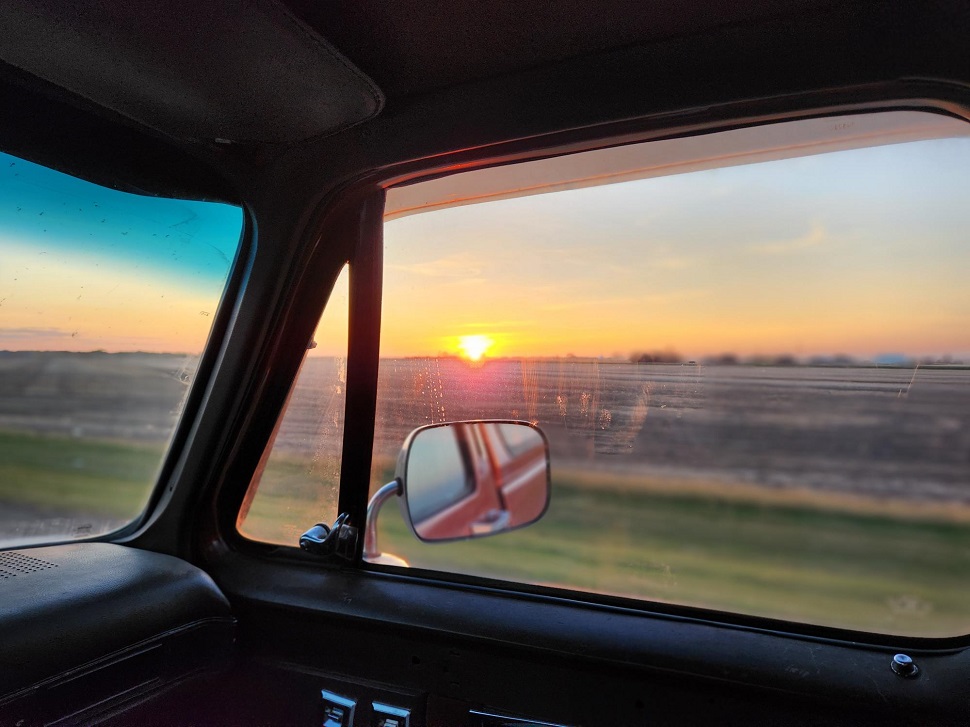With the daytime high of 33 today and humidity making it feel like 36, not to mention the overnight low at 17, it's days like today when the Saskatchewan Health Authority reminds people of the risks of extreme heat.
Signs that someone is suffering from overheating include symptoms such as nausea, dizziness, fatigue, and vomiting. When this happens, taking shelter out of the sun, drinking lots of water and electrolytes to help hydrate the body, and cooling down in a shady or cool indoor area is critical for staying safe.
Medical Health Officer Dr. David Torr said heat sickness precedes heat stroke.
"Heat stroke is the ultimate sort of more severe form of heat exhaustion. Heat stroke is sudden, very dangerous, and a much more serious stage of overheating."
He said heat stroke happens when the body temperature gets up to 40 degrees Celsius or warmer. While this may not seem like a huge leap from the typical body temperature of 37 degrees, Torr noted the internal organs, such as the stomach or kidneys, can be affected. He explained that the brain is especially susceptible, and heat can affect cognition, balance, and can also lead to loss of consciousness.
Prevention is the best treatment for heat stroke:
"Taking the right precautions to make sure you don't get such a high body temperature. Staying somewhere with air conditioning, using a fan, and cool, not-so-heavy clothes."
Babies have a higher risk of heat-related illness, as they are often bundled and even swaddled.
"When the weather is really hot, you've got to be careful," he cautioned. "So the baby doesn't get overheated, wear light clothing, and air conditioning."
Whether or not a heat warning has been issued, when it's a particularly hot day, people of all ages should increase their water intake. Dr. Torr said this is because water is the main ingredient for sweat - the body's way of shedding heat.
A person who loses consciousness from heat stroke must be moved from the sun immediately and placed somewhere cool. In case of serious injury, call 9-1-1.
When trying to cool off, it is best to begin with lukewarm water to gradually bring down the temperature, as shocking an overheated body with cold water has other consequences.
Dr. Torr advised drinking products containing electrolytes, as sweat causes electrolyte and salt loss.
He added that in extreme cases, it can take months to recover from heat stroke, depending on exposure and the person's individual system, as well as other medical conditions or medications.
